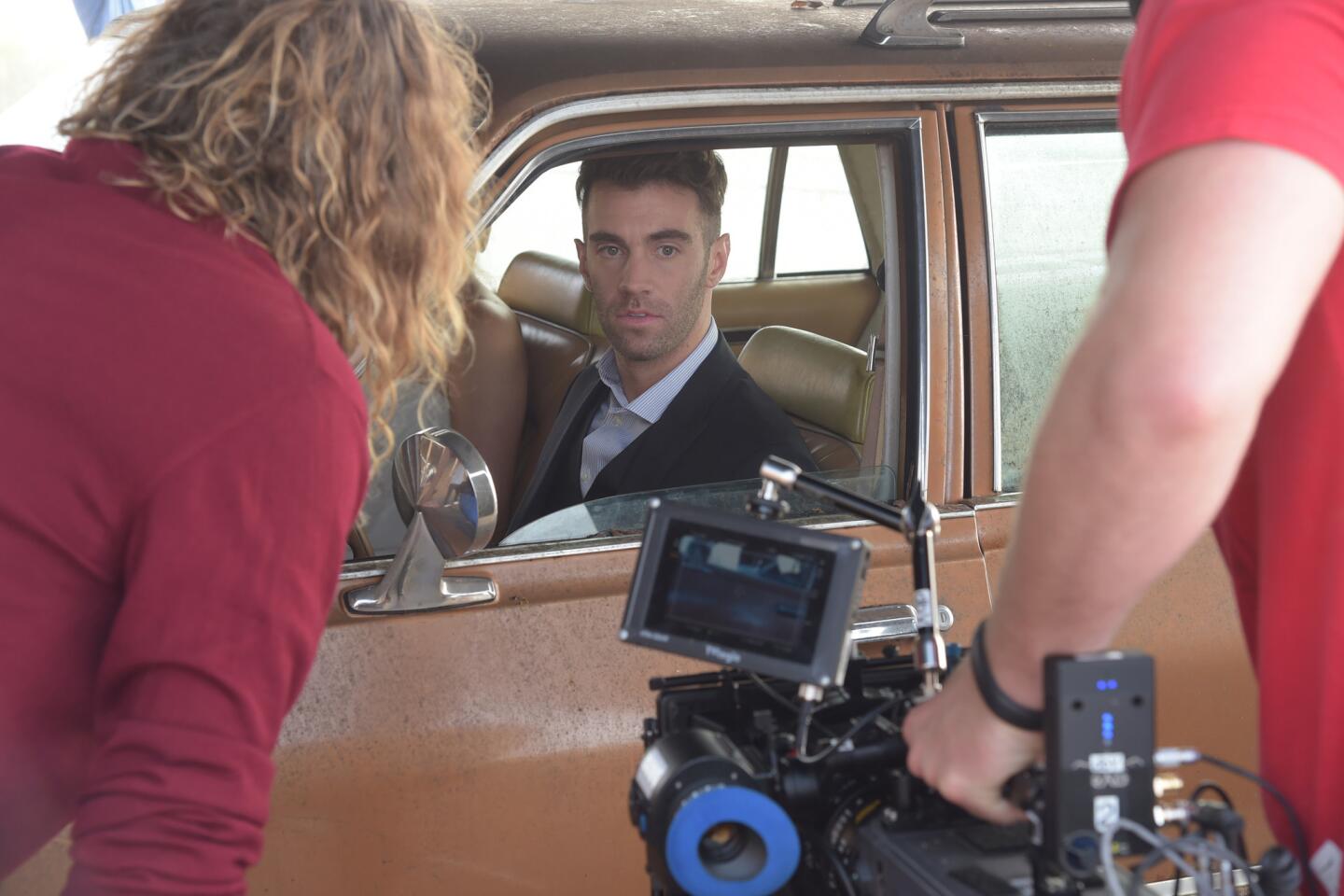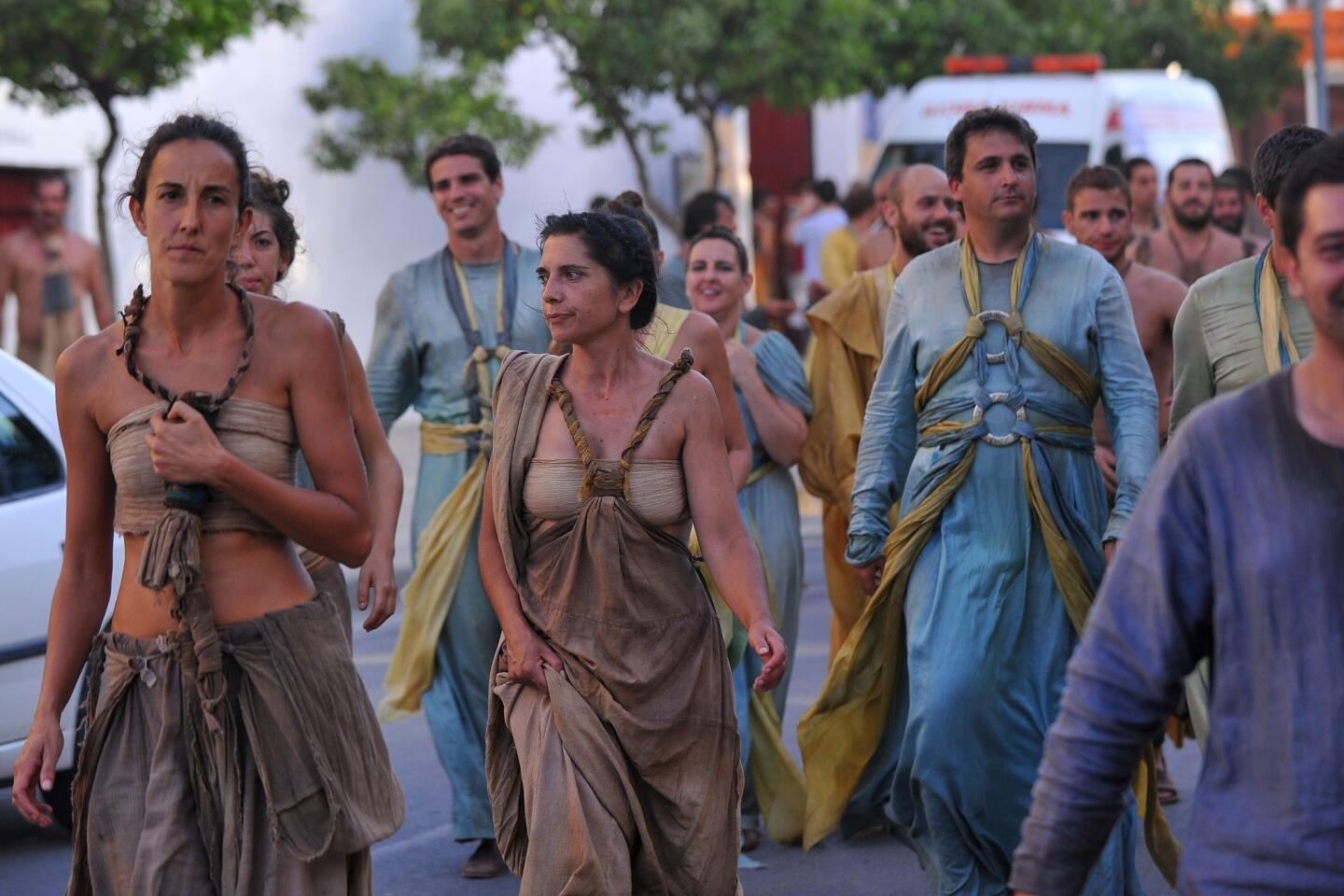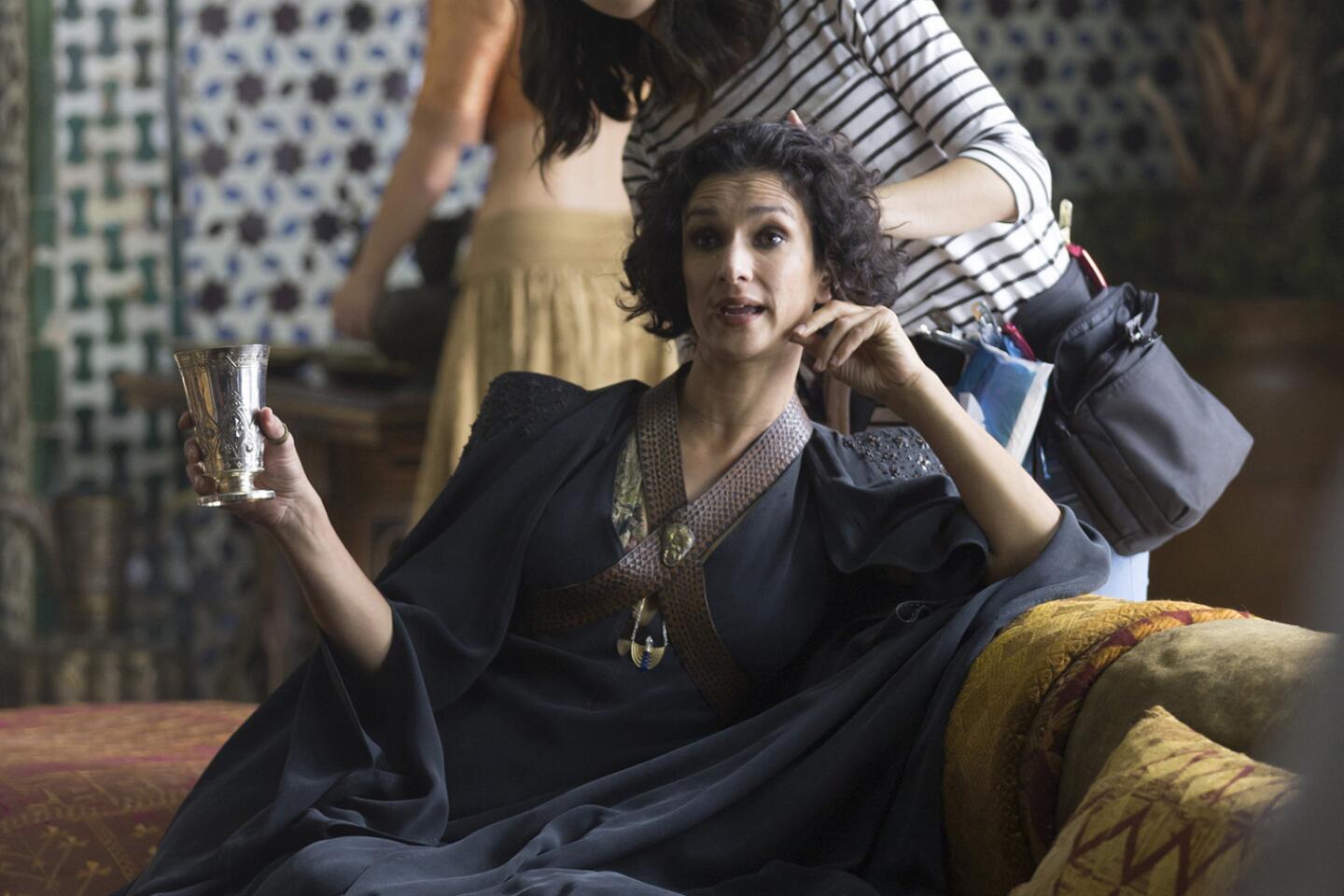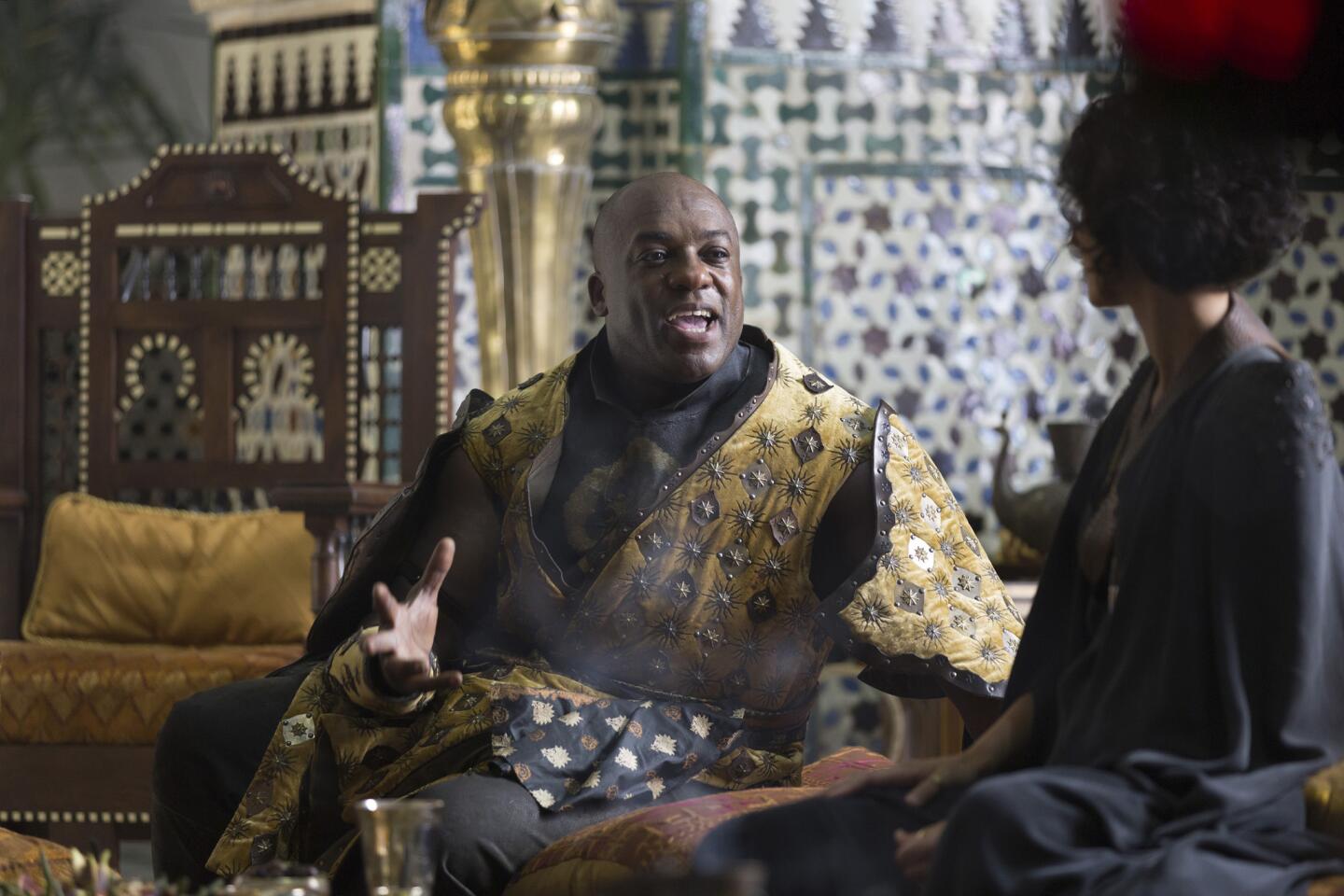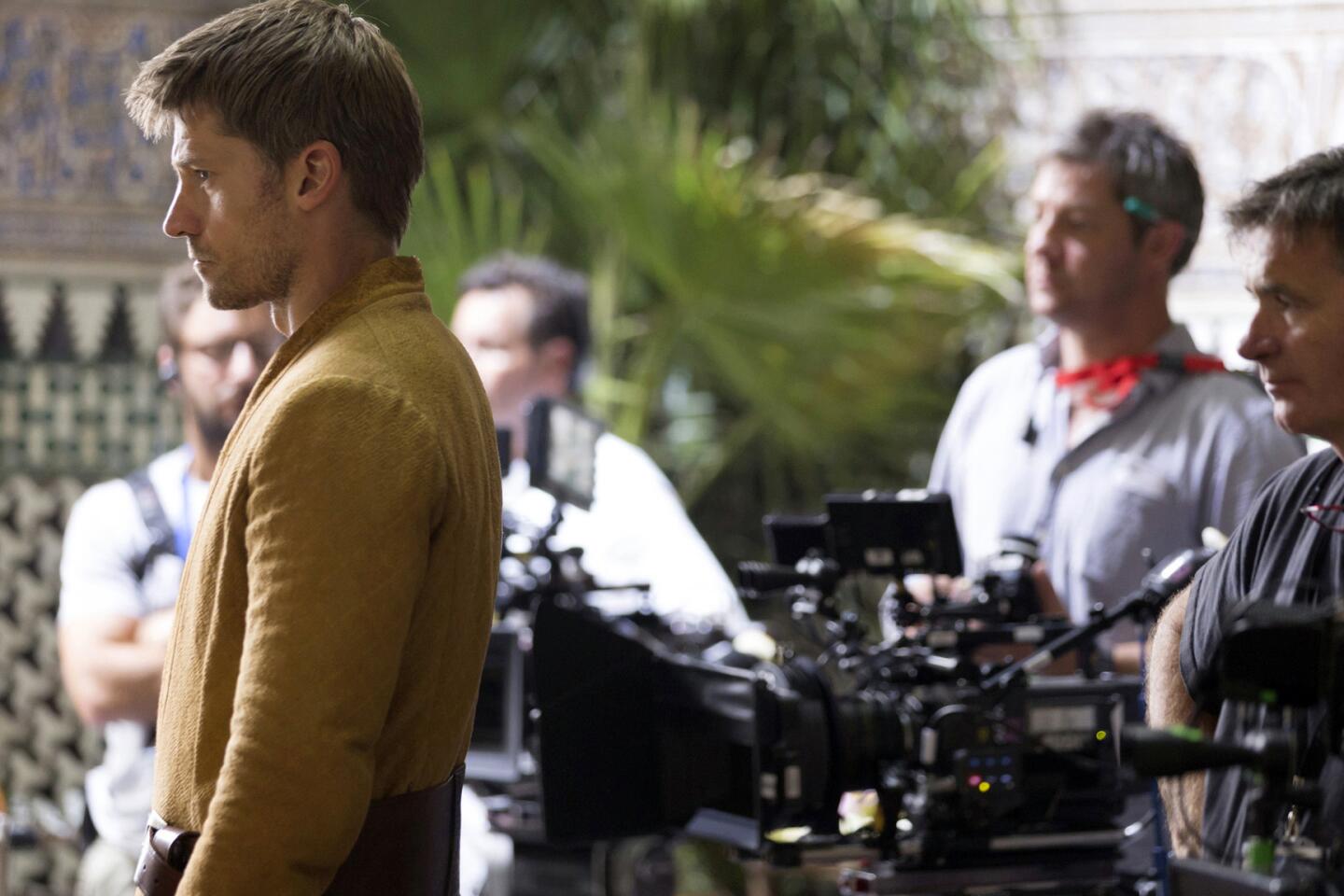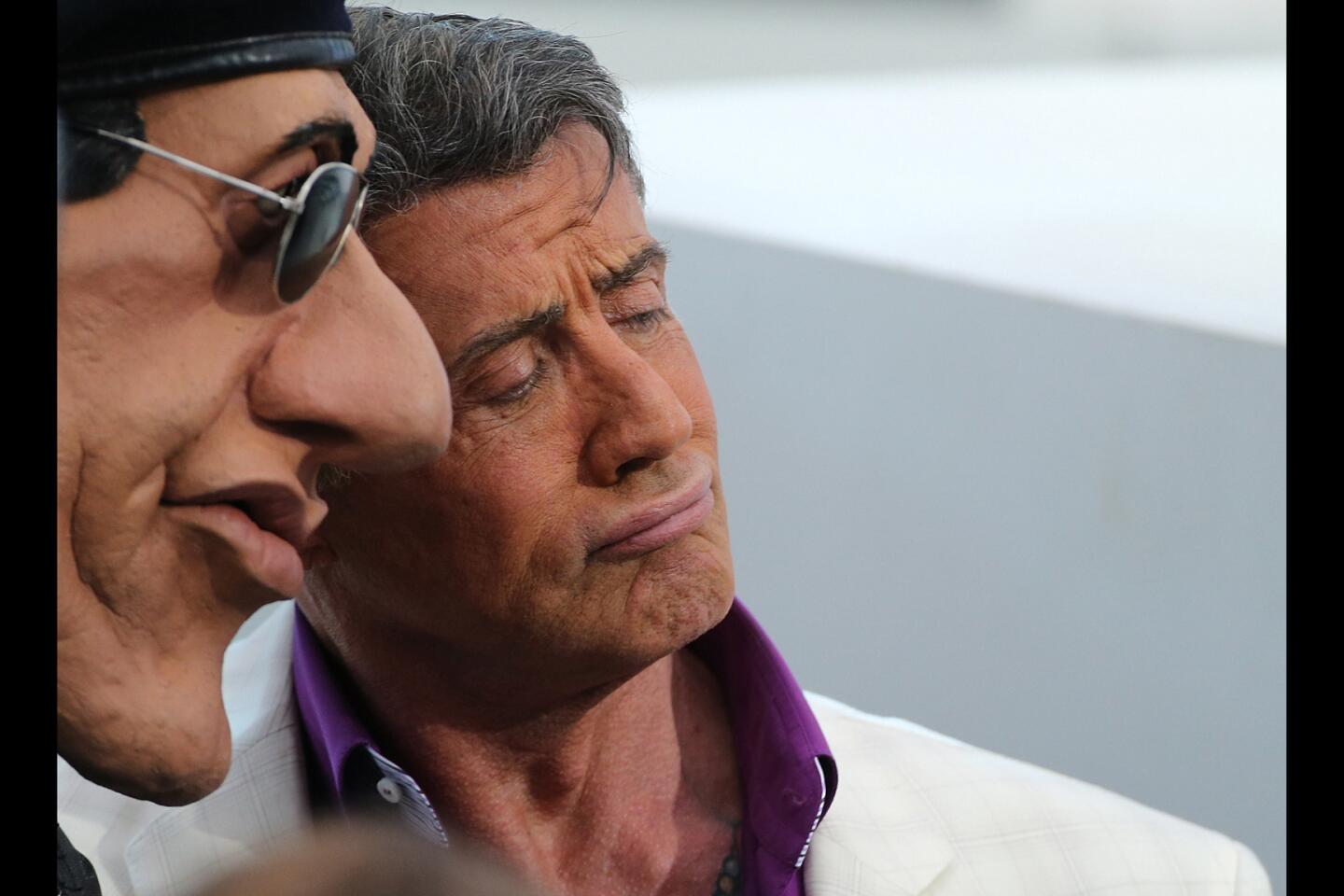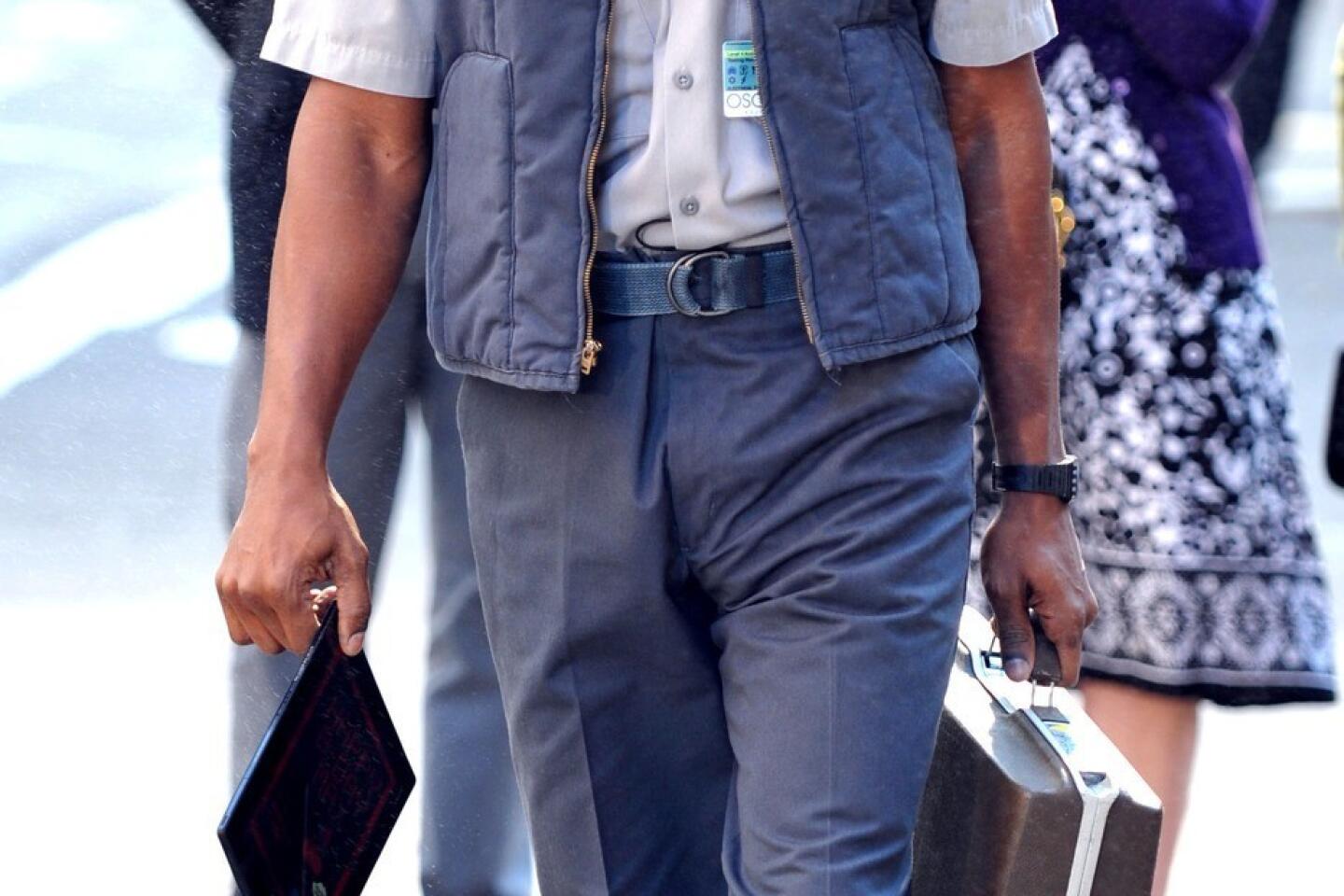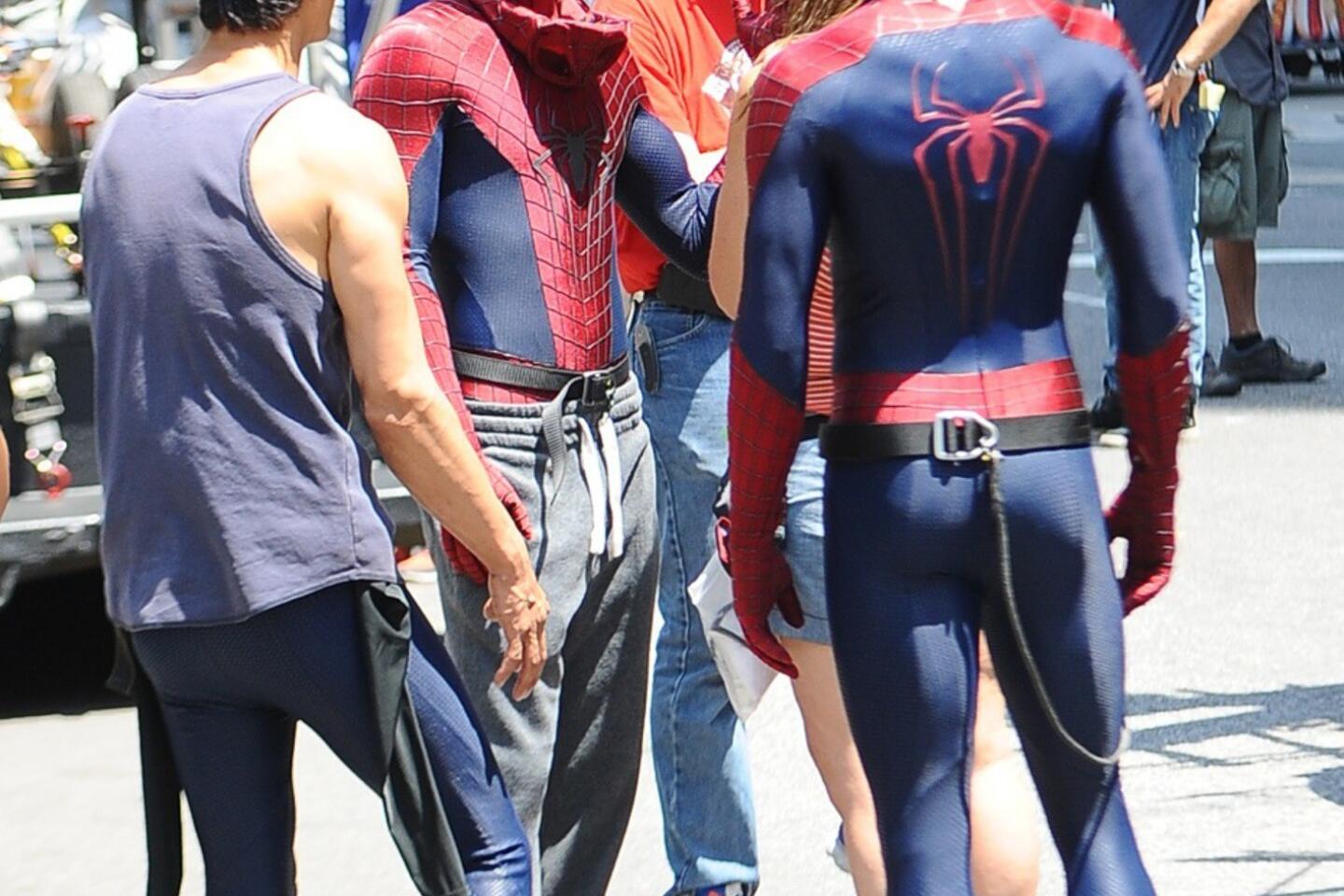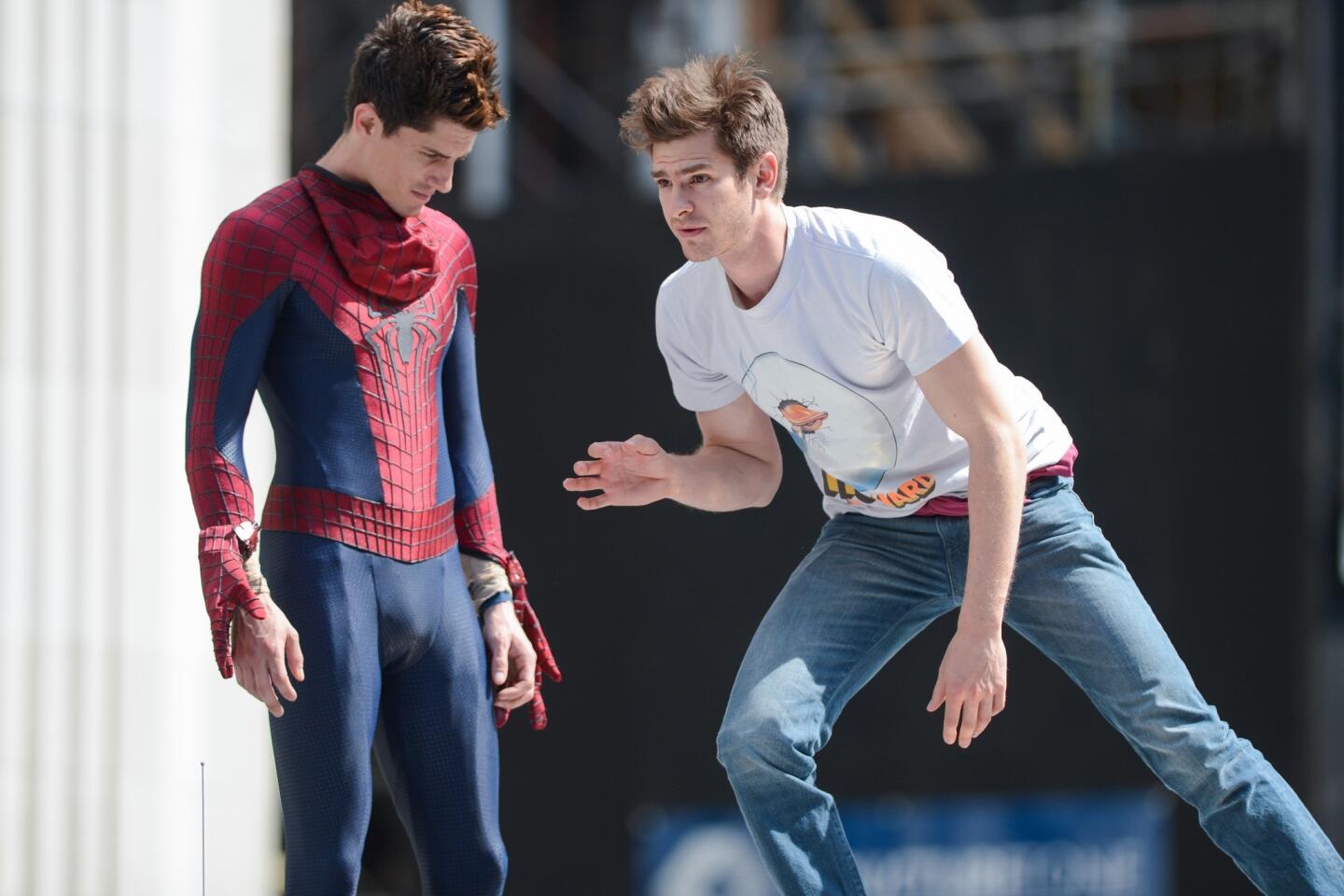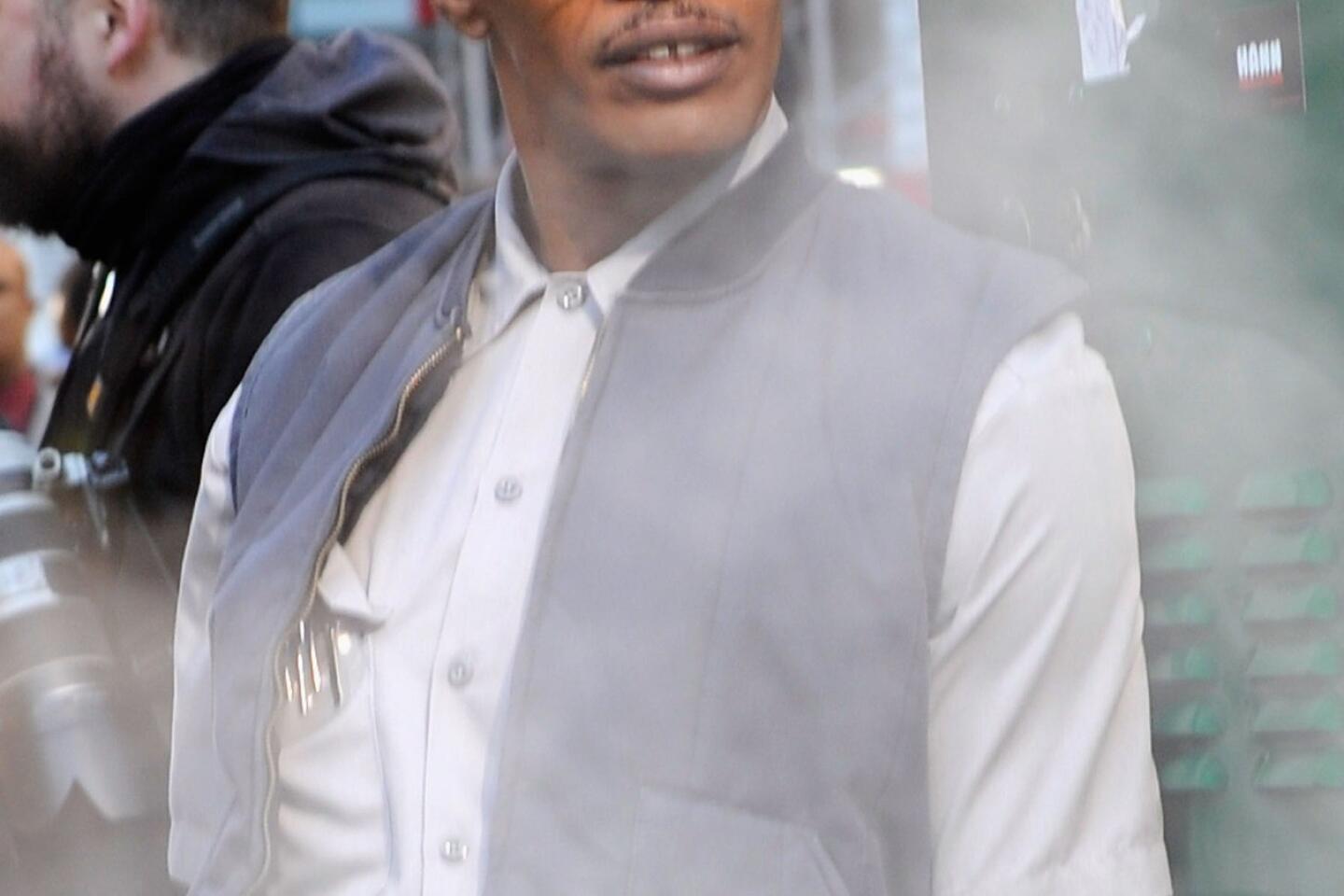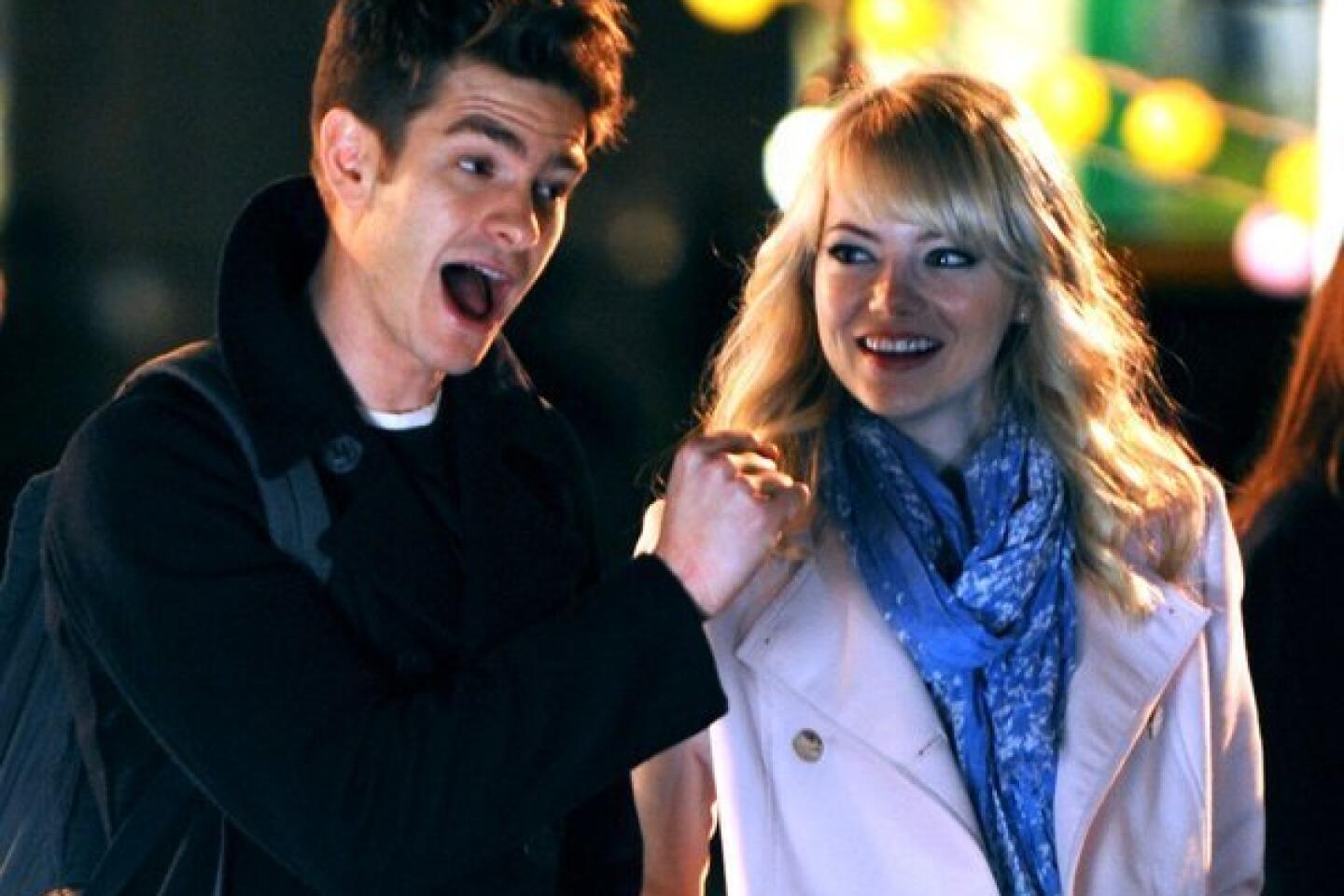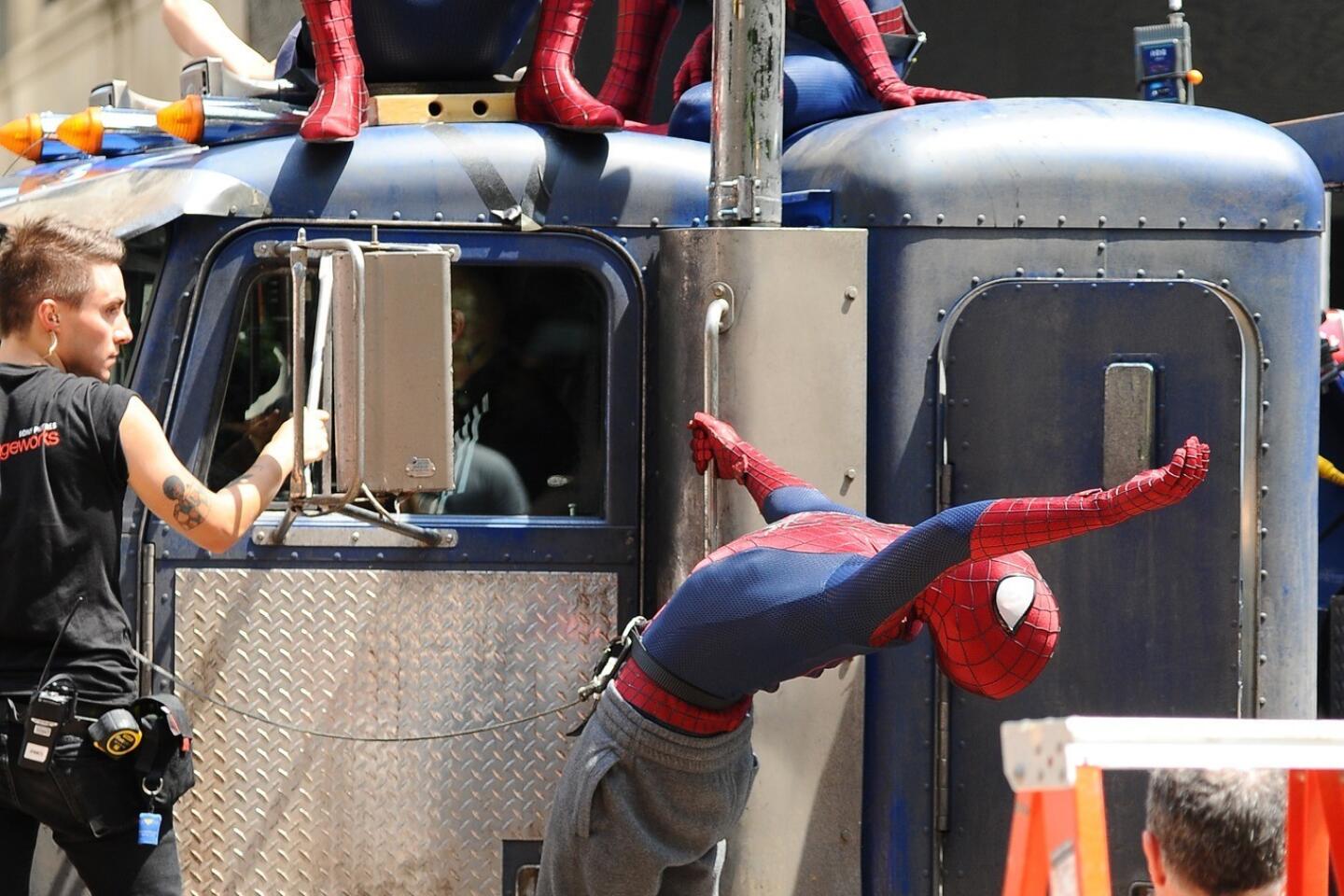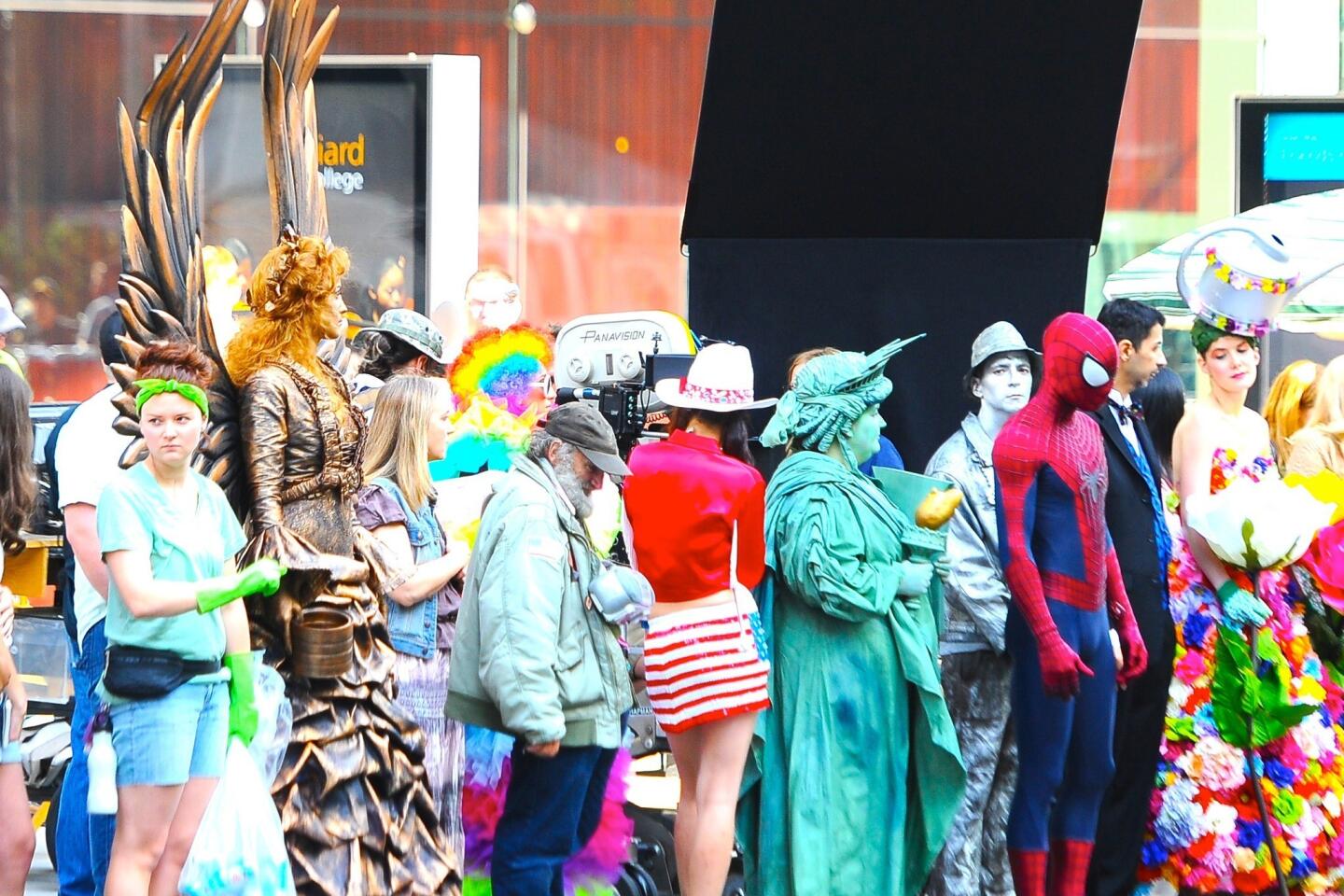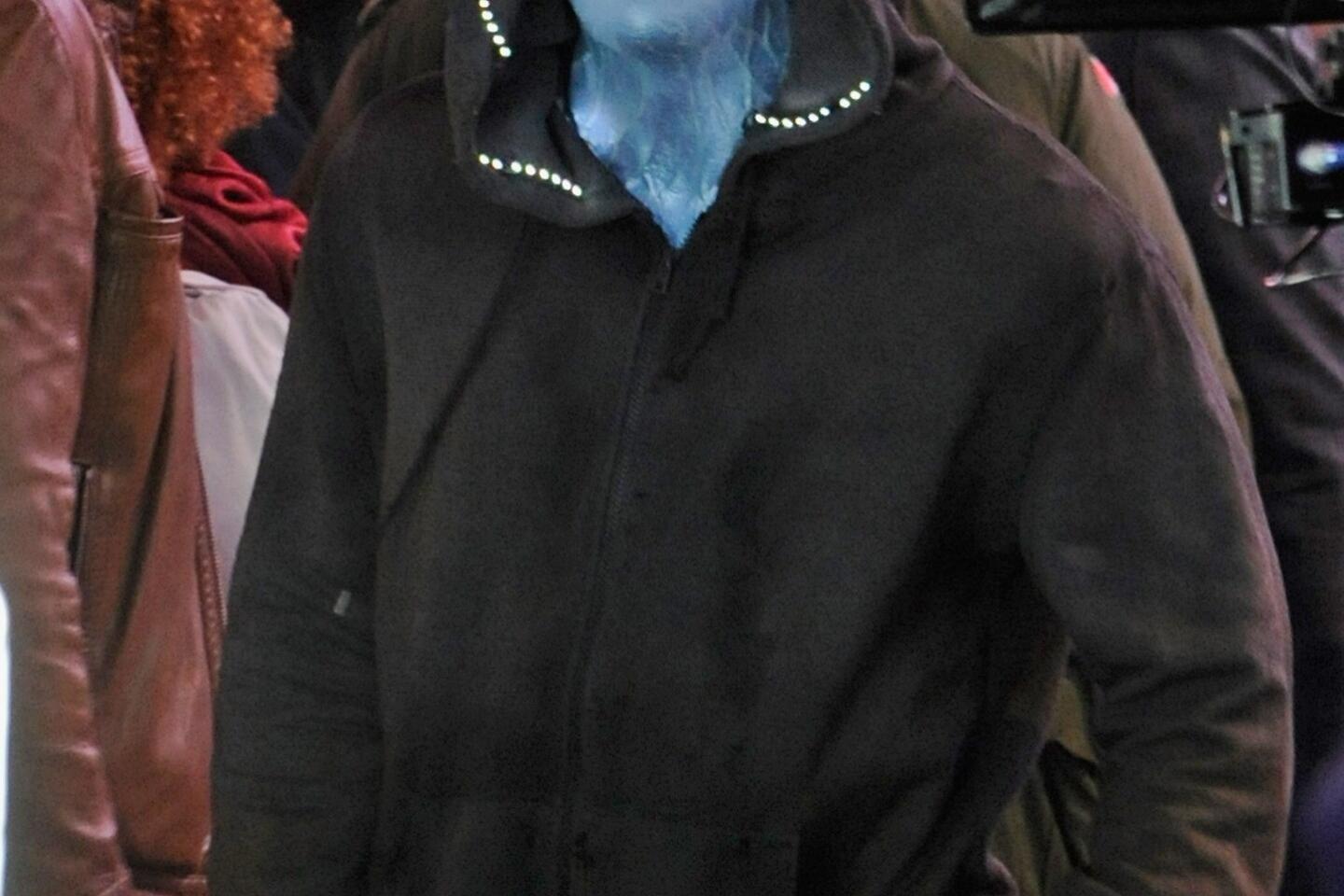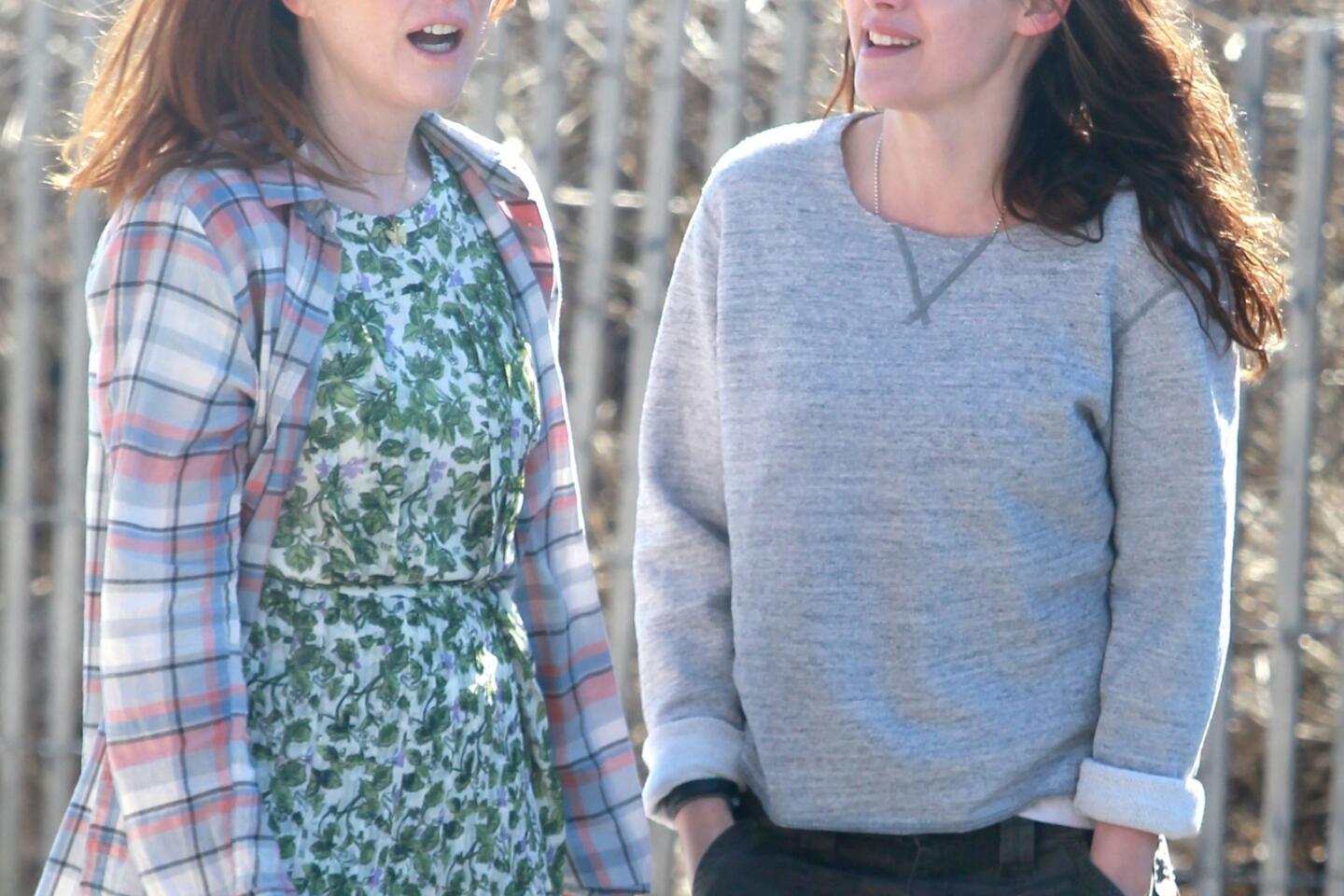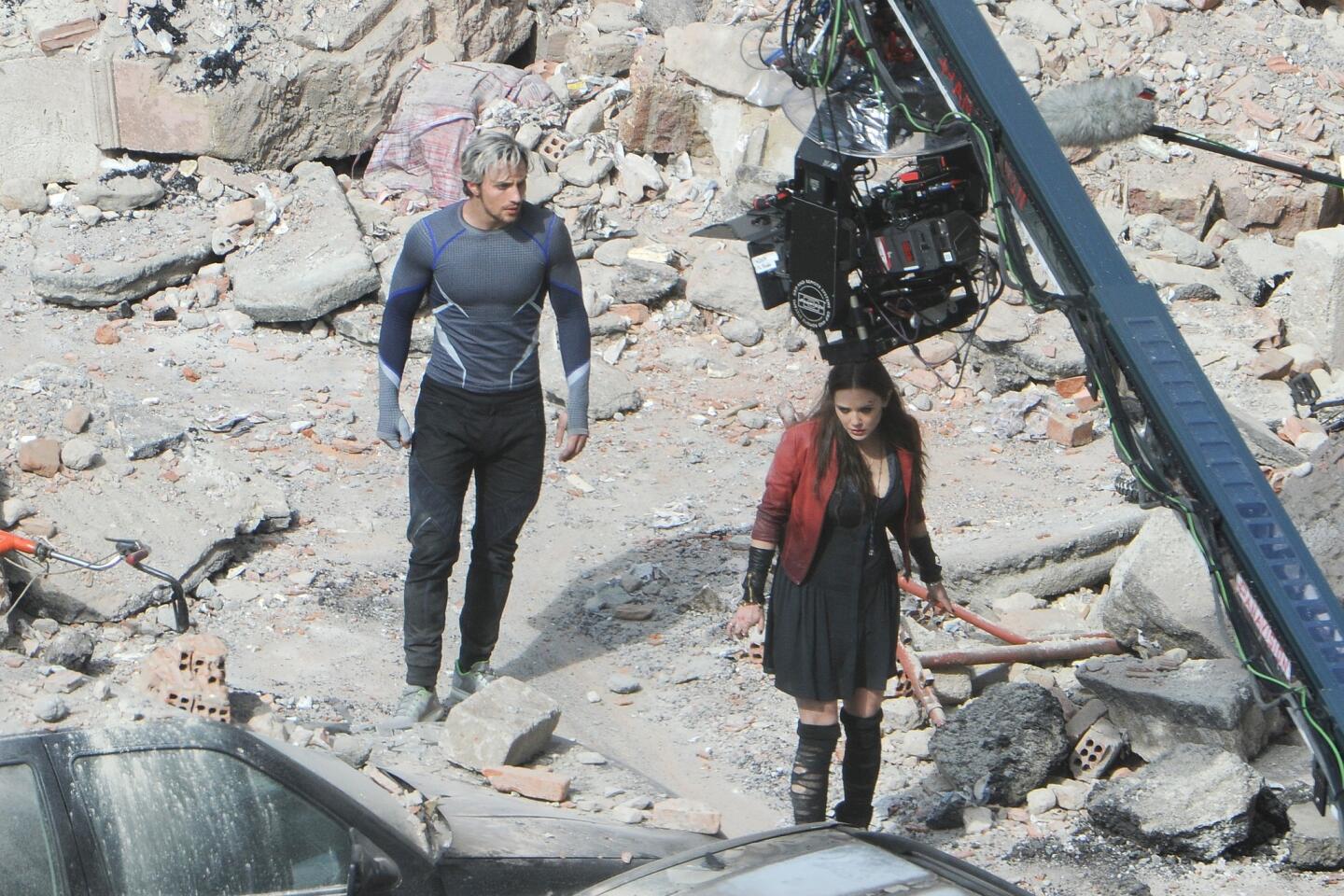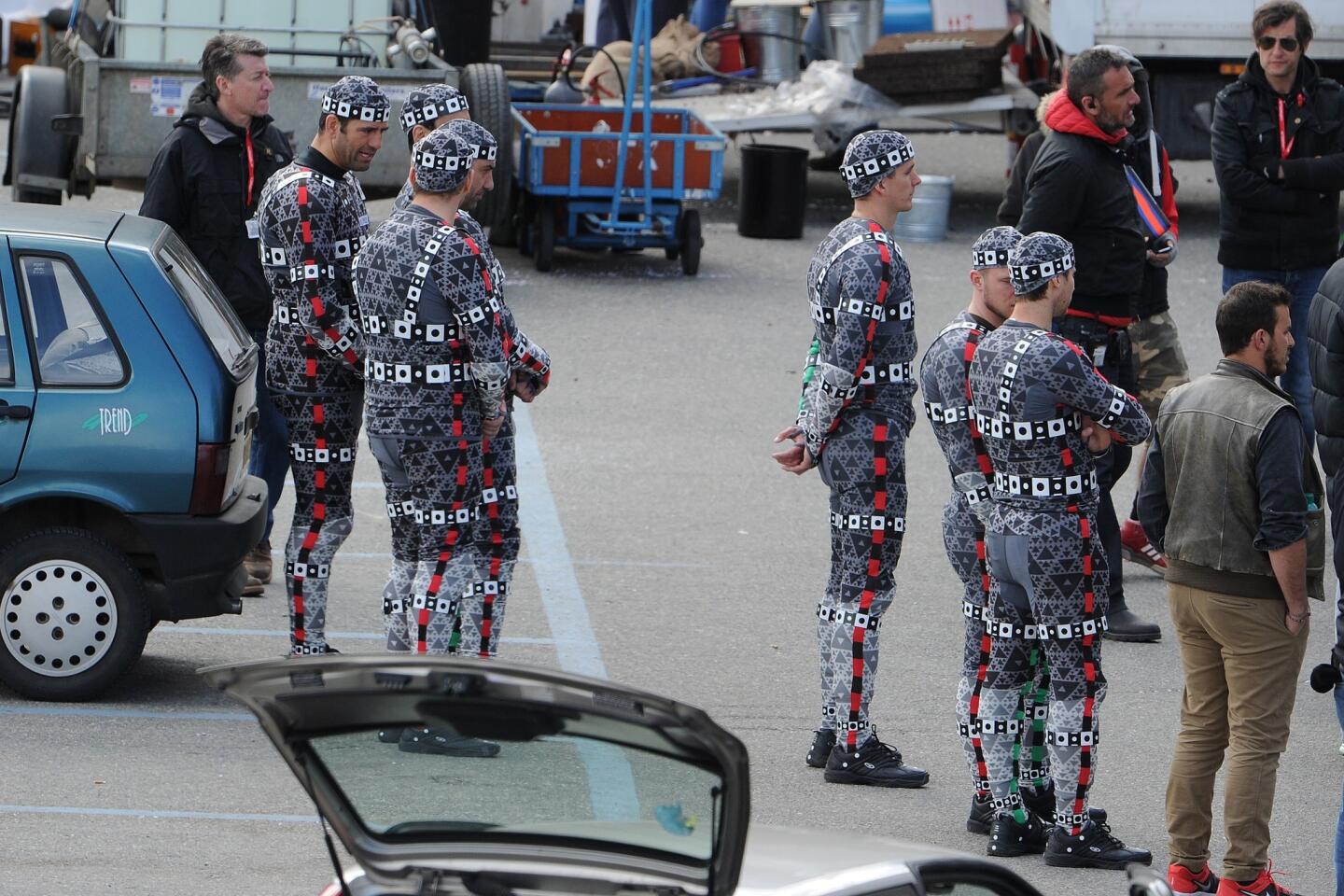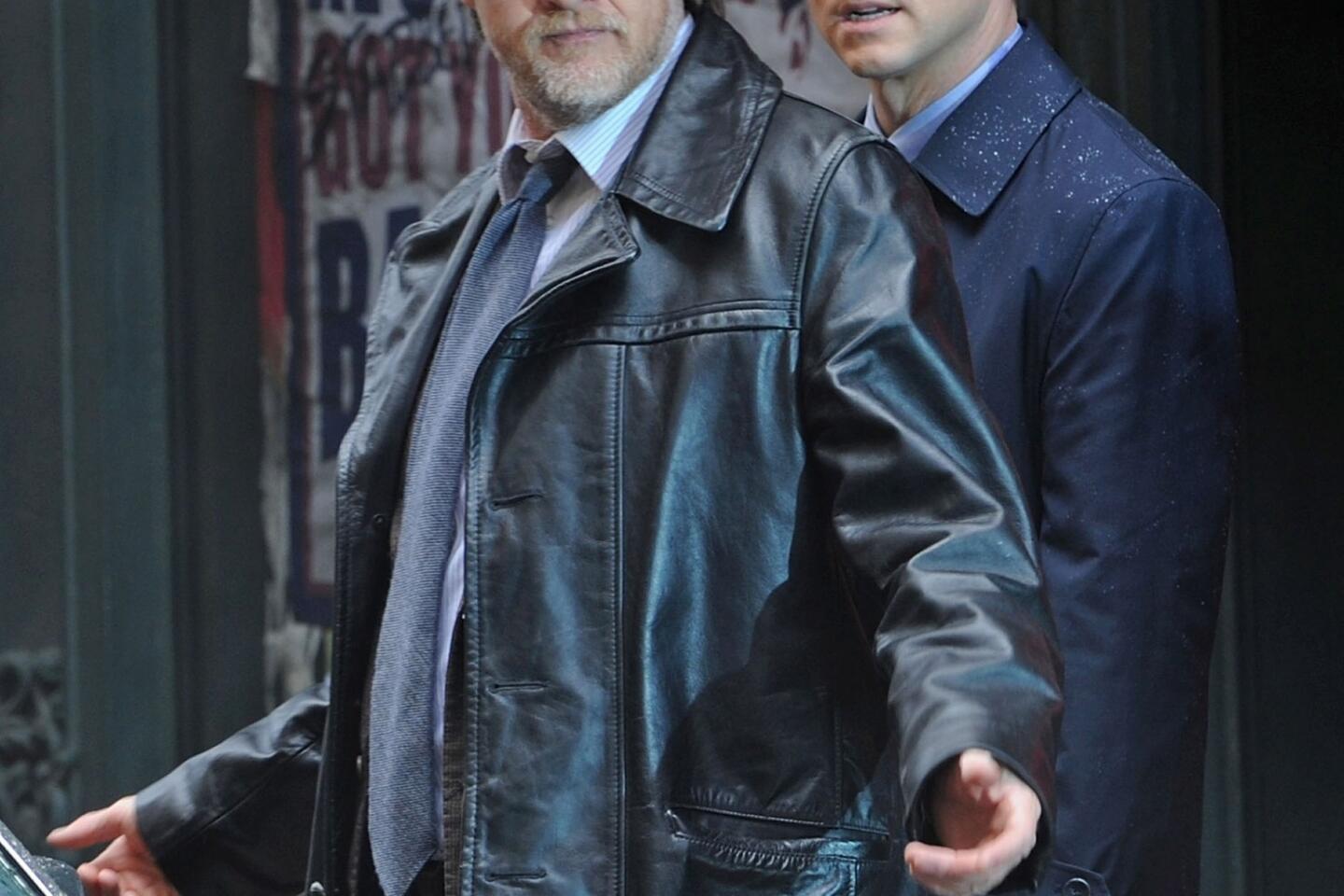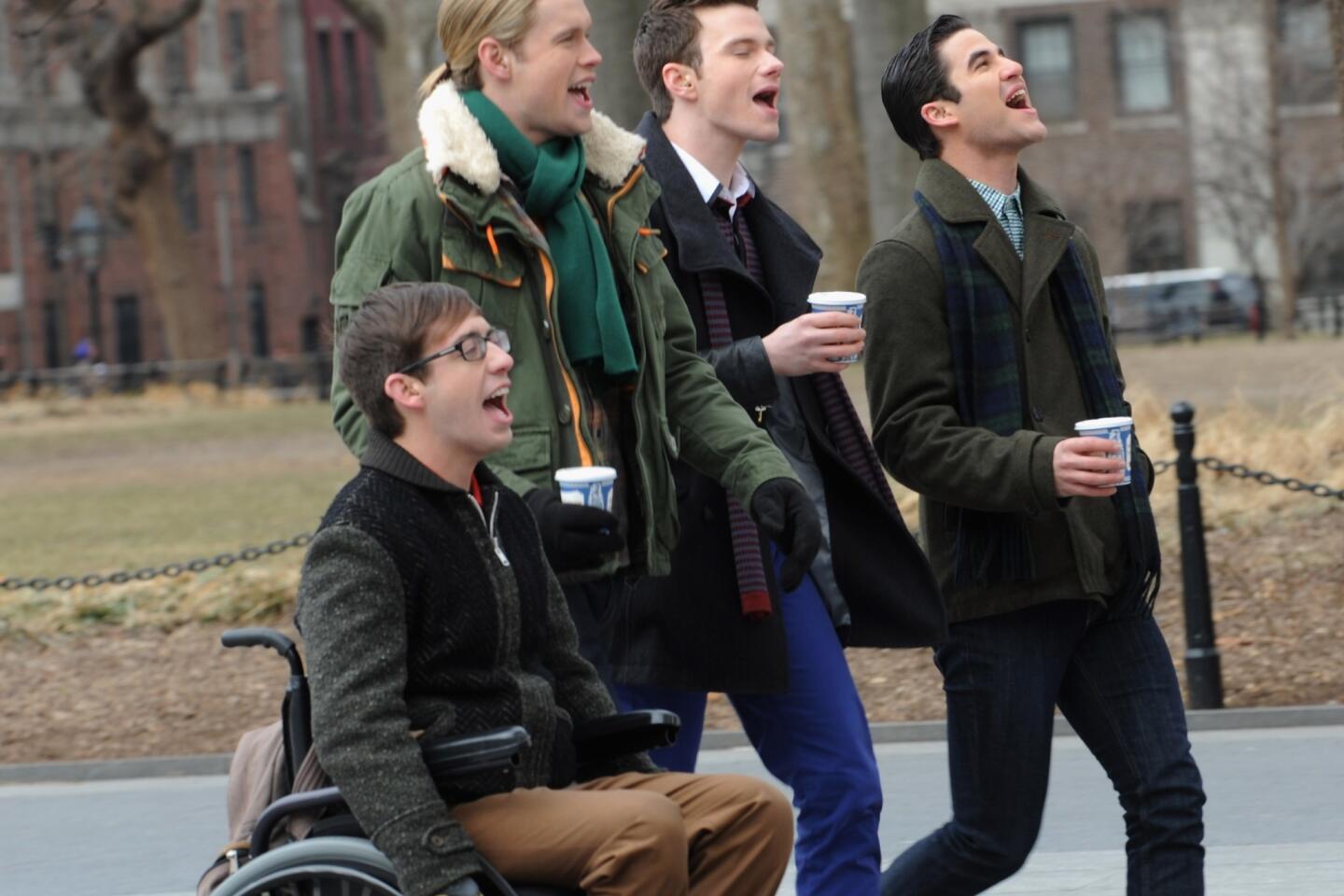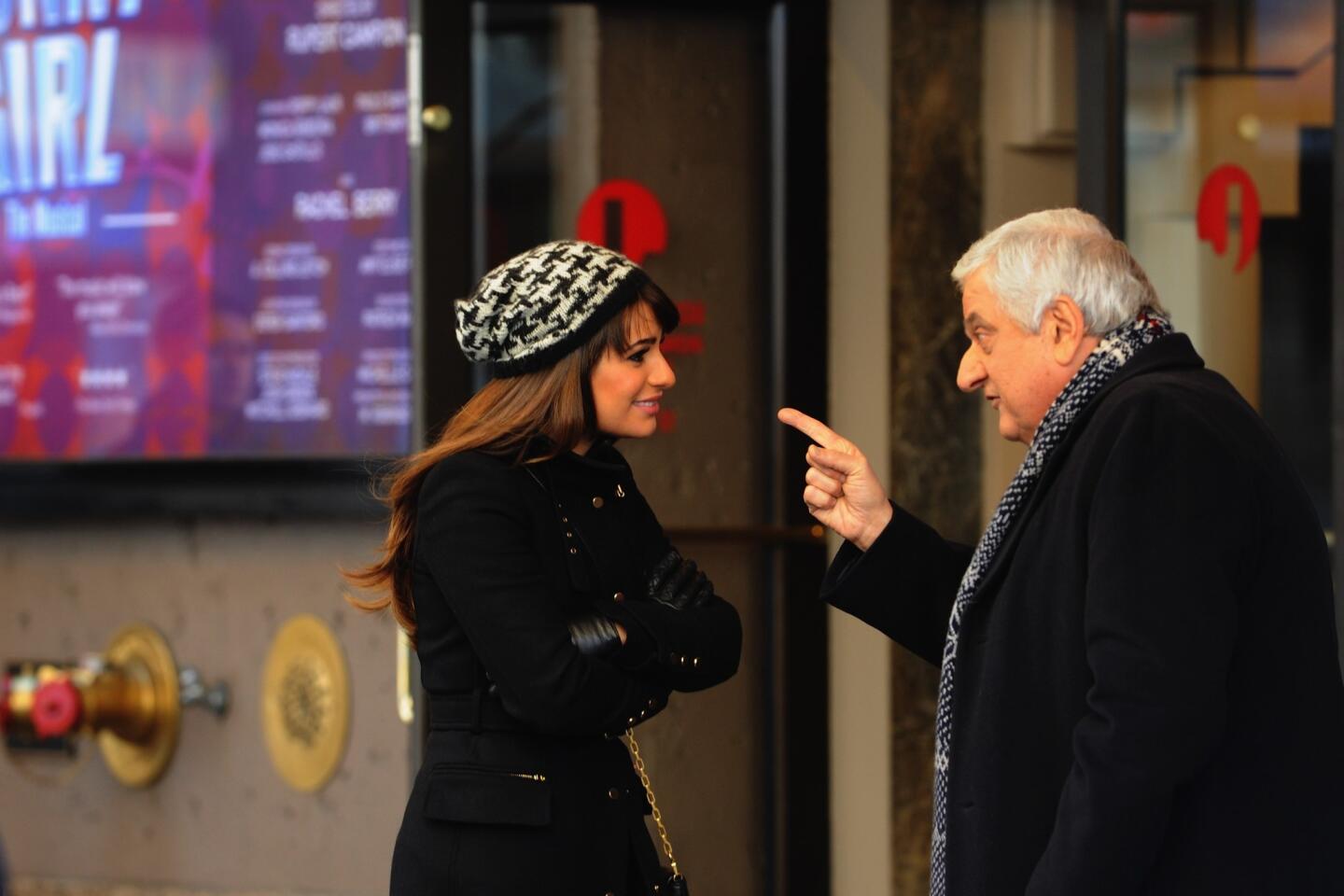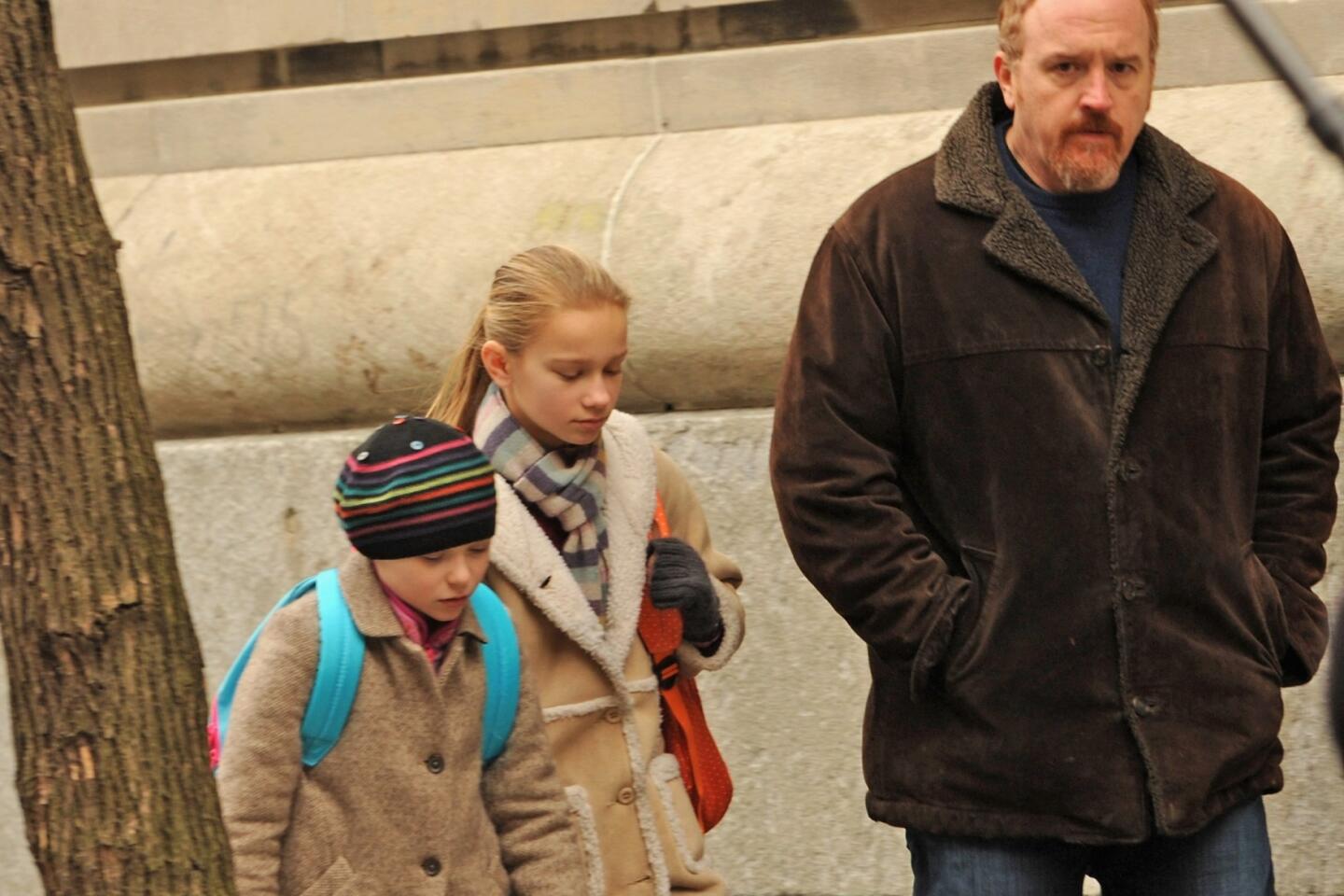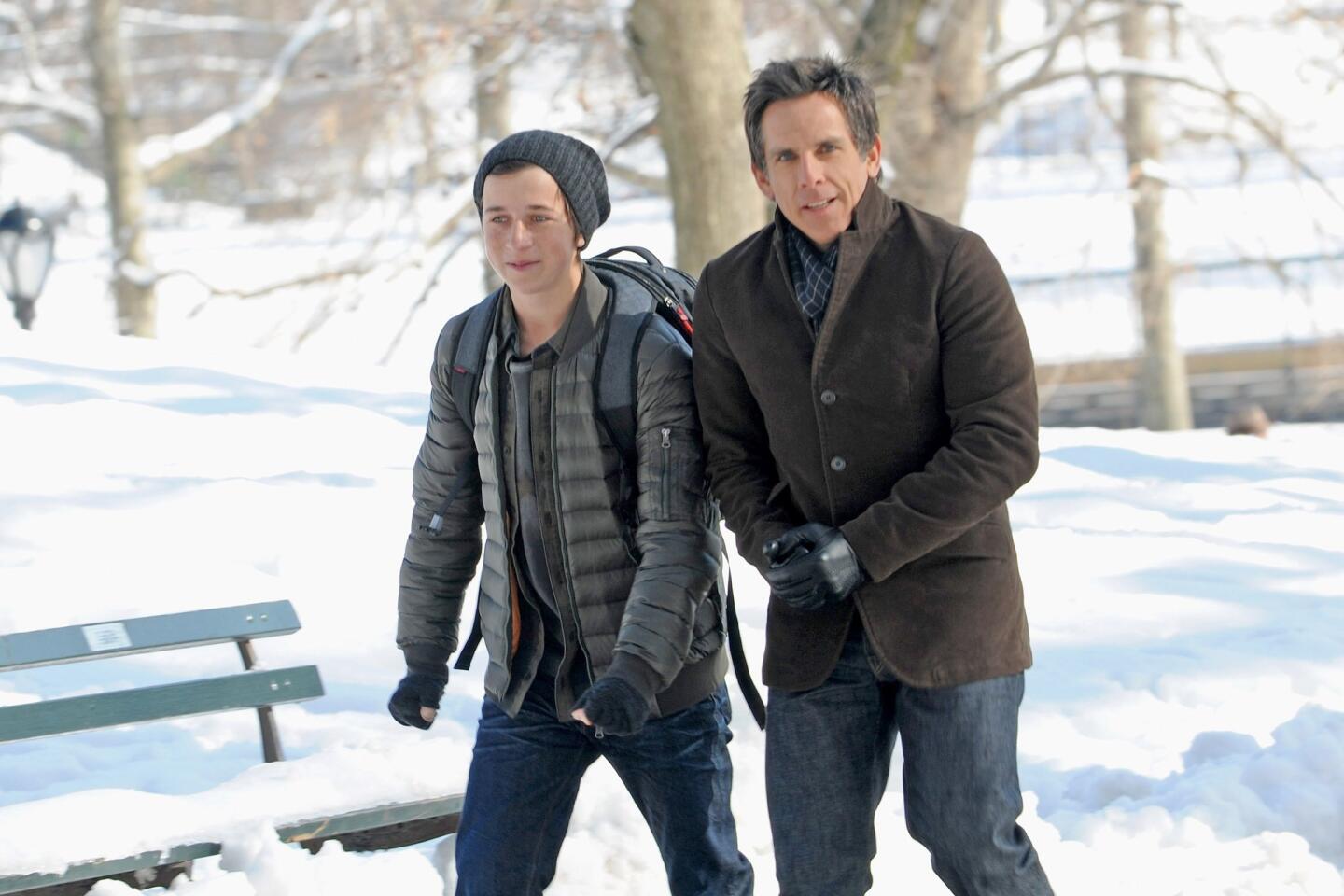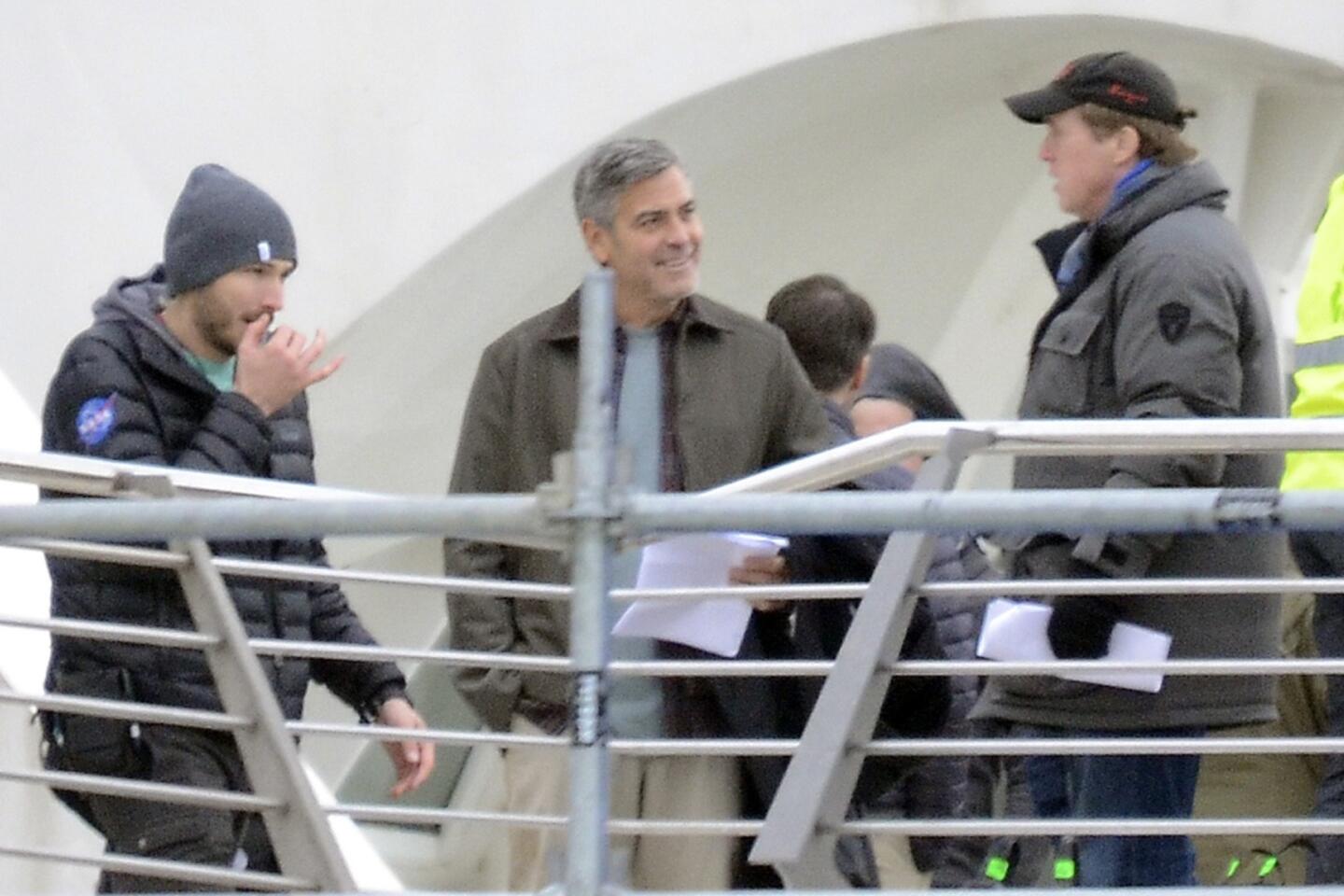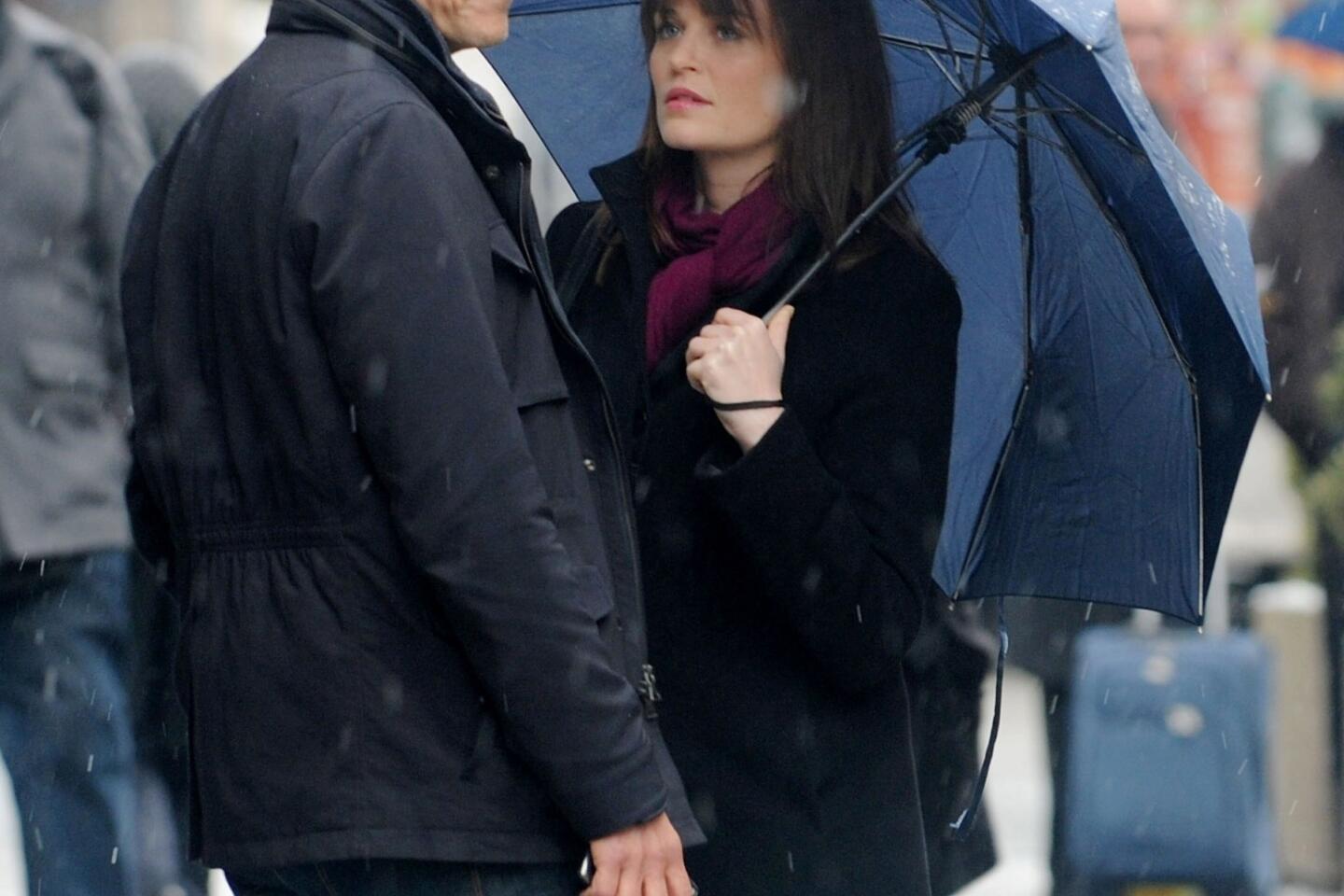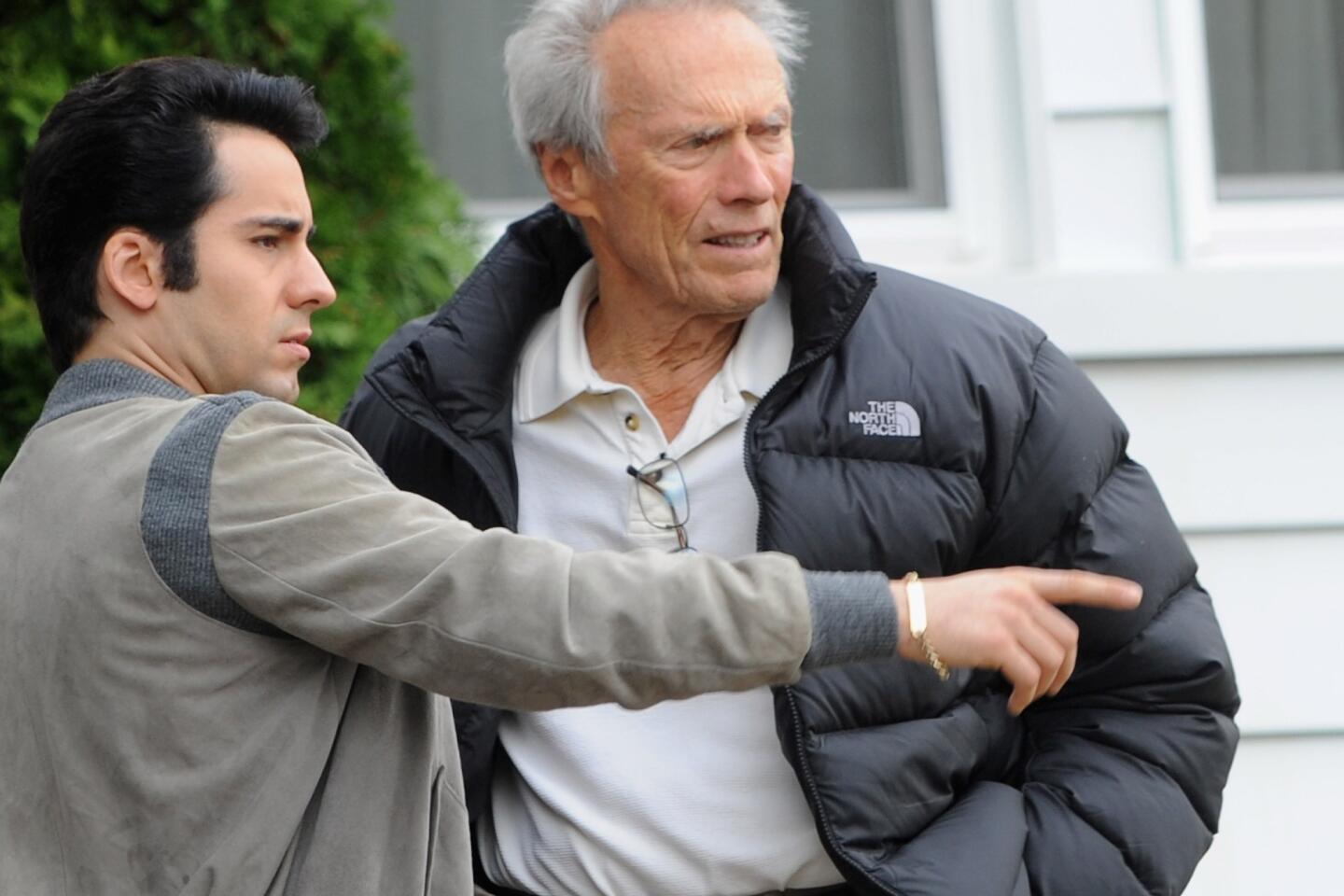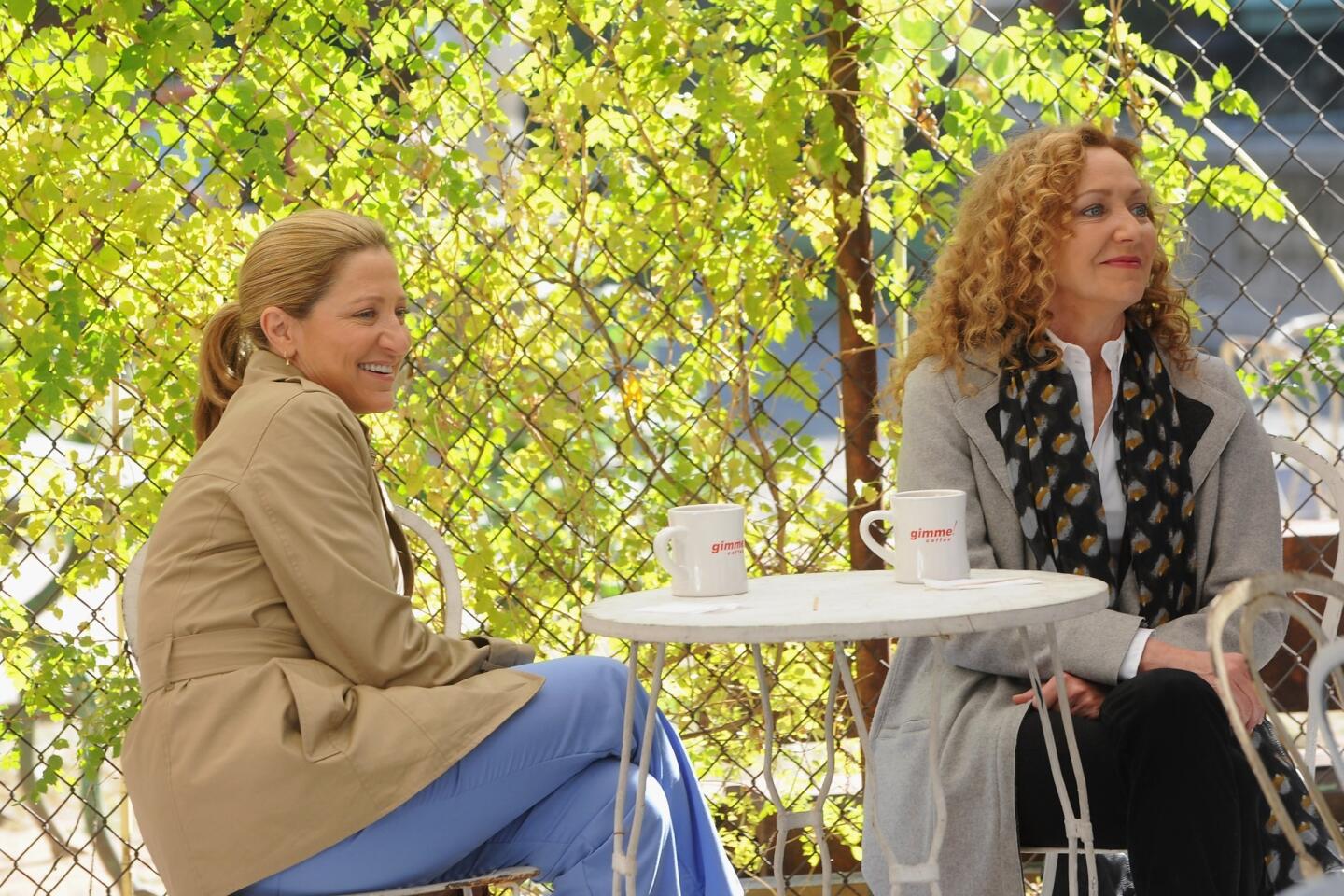Review: Taut ‘Our Children’ captures a complex power relationship
Pitiless, devastating, unadorned, “Our Children” is an exceptional film that puts the worst, most painful part of its story on the screen first. Or so you will be tempted to think.
Directed by Joachim Lafosse and starring three of Europe’s top actors — Emilie Dequenne, Niels Arestrup and Tahar Rahim — this is a taut psychological study, based on a true story, of the complexities of personal power relationships that begins with the kind of shattering revelation that would be the conclusion of most films.
That would be the shocking realization that Murielle (Dequenne), introduced lying sedated on a hospital bed in Belgium, has just killed her four young children. We catch a glimpse of their small white coffins being loaded on an airplane before flashing back to the wrenching series of events that led to those off-screen deaths.
“It would be vulgar and disgusting to make a suspense film about a story like this,” the director told Sight & Sound magazine. “We did not want to descend into sensationalism and gore; we wanted to lead the viewers to reflect.”
Those who remember this gifted Belgian director’s riveting 2006 “Private Property” know that for him there are no horrors like family horrors, no subject more potent than what he calls “excessive love and its consequences.”
“Our Children” cuts almost immediately from those coffins to a close-up of Murielle’s face looking so deliriously happy as she makes love to the man of her dreams that we are tempted to think it is another woman.
That man is Mounir (Rahim, the star of Jacques Audiard’s “A Prophet”), a Moroccan living in Belgium who is as happy with Murielle as she is with him. In fact he almost immediately asks the young woman to marry him, saying sweetly, “I want to spend my life with you.” It should be a moment of pure joy, but “Our Children” denies us even this: The shadow of those coffins looms over everything, suppressing our pleasure.
More immediately, the young couple have another worry. They have been to the beach in a car borrowed from Mounir’s adoptive Belgian father, a wealthy doctor named André Piget (Arestrup, also of “A Prophet”), and it’s clear from the obsessive frenzy with which they clean sand from the car that André is very particular about his likes and dislikes.
Arestrup and Rahim portrayed a particularly edgy mentor/protégé relationship in the Audiard film, and Lafosse has shrewdly built on that by casting the two of them in a complicated father-and-son role. Though he is quiet about it, André’s disapproval is never far away and he wields it with the dexterity of an assassin’s knife.
PHOTOS: Billion-dollar movie club
On one level, André has been an ideal foster parent. He has been of major assistance to Mounir’s family and offers to hire the young man as his assistant when he needs a job. When Mounir and Murielle marry and begin to have children, the generosity intensifies, as he invites the young couple to live with him and even finances their honeymoon — which he goes along on.
Everything happens slowly, gradually, without any big drama, but it soon becomes apparent that even someone being helpful can become unbearably oppressive. For one thing, it becomes increasingly evident that the ability to control others, the determination to keep them under his thumb, is central to André’s thoughts and desires.
More than this, André fixates on the younger couple in an almost voyeuristic way, something Jean-Francois Hensgens’ elegantly peeping cinematography emphasizes. The couple are allowed no real intimacy, they are never truly alone, and, for Murielle at least, this becomes increasingly insupportable.
PHOTOS: Celebrities by The Times
Making things even more unbearable, even as child succeeds child in this nominally happy family, Murielle starts to feel marginalized. The power dynamics of this three-way relationship subtly shifts, and both men, for different reasons but with the same sense that they are doing it for her own good, treat Murielle like a hired drudge and begin to blame her for any difficulties that arise.
As slow, inexorable pressure builds on her from all sides, Murielle’s emotional fragility increases as sympathy all but vanishes from her world. She starts to see no way out of her life, and to see her disintegrate surrounded by an indifferent world is a true nightmare.
Lafosse, who cowrote the screenplay with Matthieu Raynaert and frequent Audiard collaborator Thomas Bidegain, is a pitiless director who makes this story, counterpointed by selections of choral music from composers like Haydn and Alessandro Scarlatti, into a subtle film where everyone has their reasons, where things are hinted at but never said.
The key to all this is the nonpareil performance of Dequenne. Best known for her debut role in the Dardenne brothers’ “Rosetta,” she must have felt this woman’s plight intensely to so convincingly convey it in all its complexity. She turns it into something we can’t turn away from even as watching becomes as unbearable as that life must have been. Which is exactly the point.
--------------------------
‘Our Children’
MPAA rating: Unrated
Running time: 1 hour, 40 minutes
Playing: At Laemmle’s Royal, West Los Angeles; Playhouse, Pasadena; Town Center, Encino
More to Read
Only good movies
Get the Indie Focus newsletter, Mark Olsen's weekly guide to the world of cinema.
You may occasionally receive promotional content from the Los Angeles Times.
